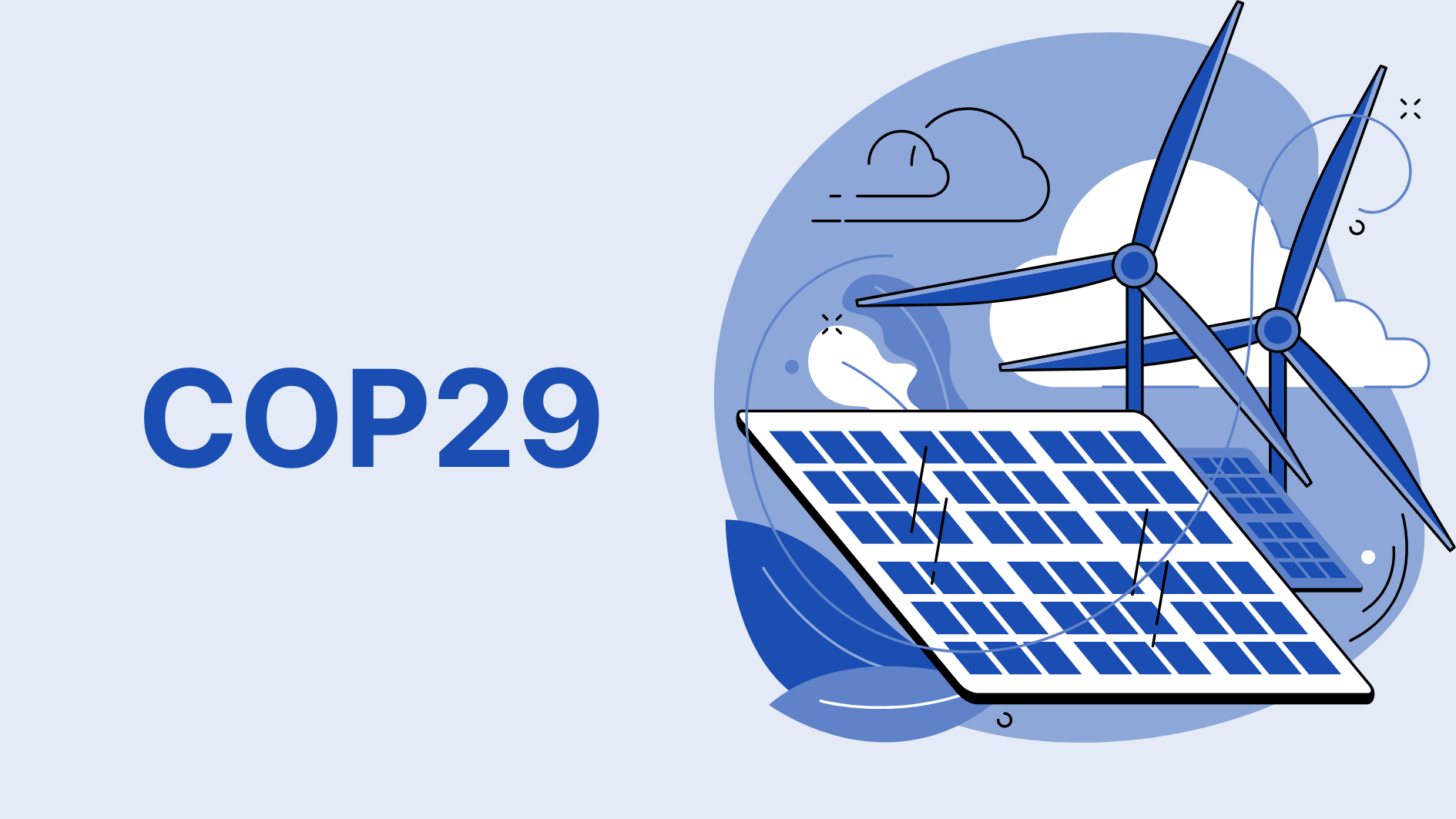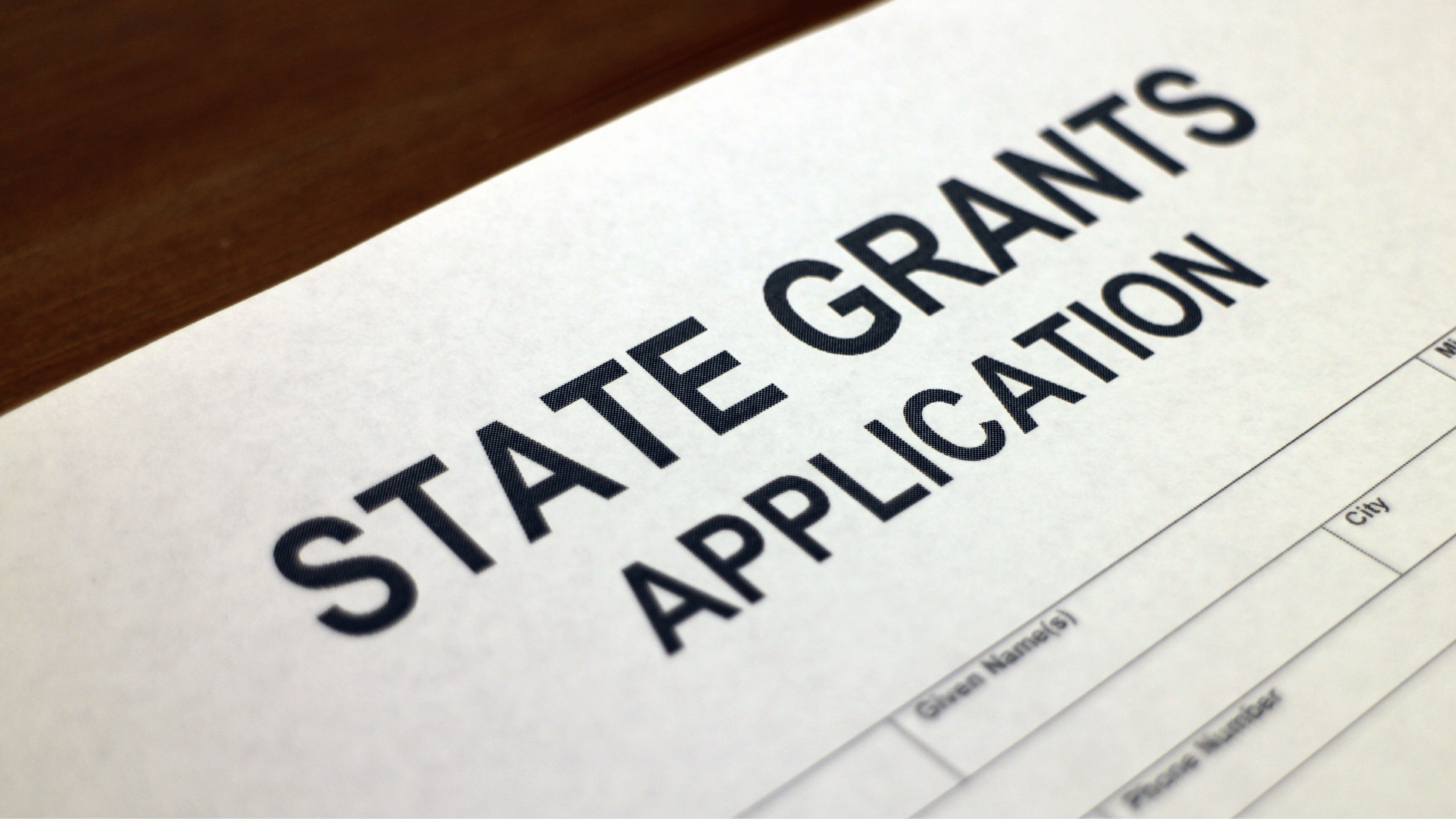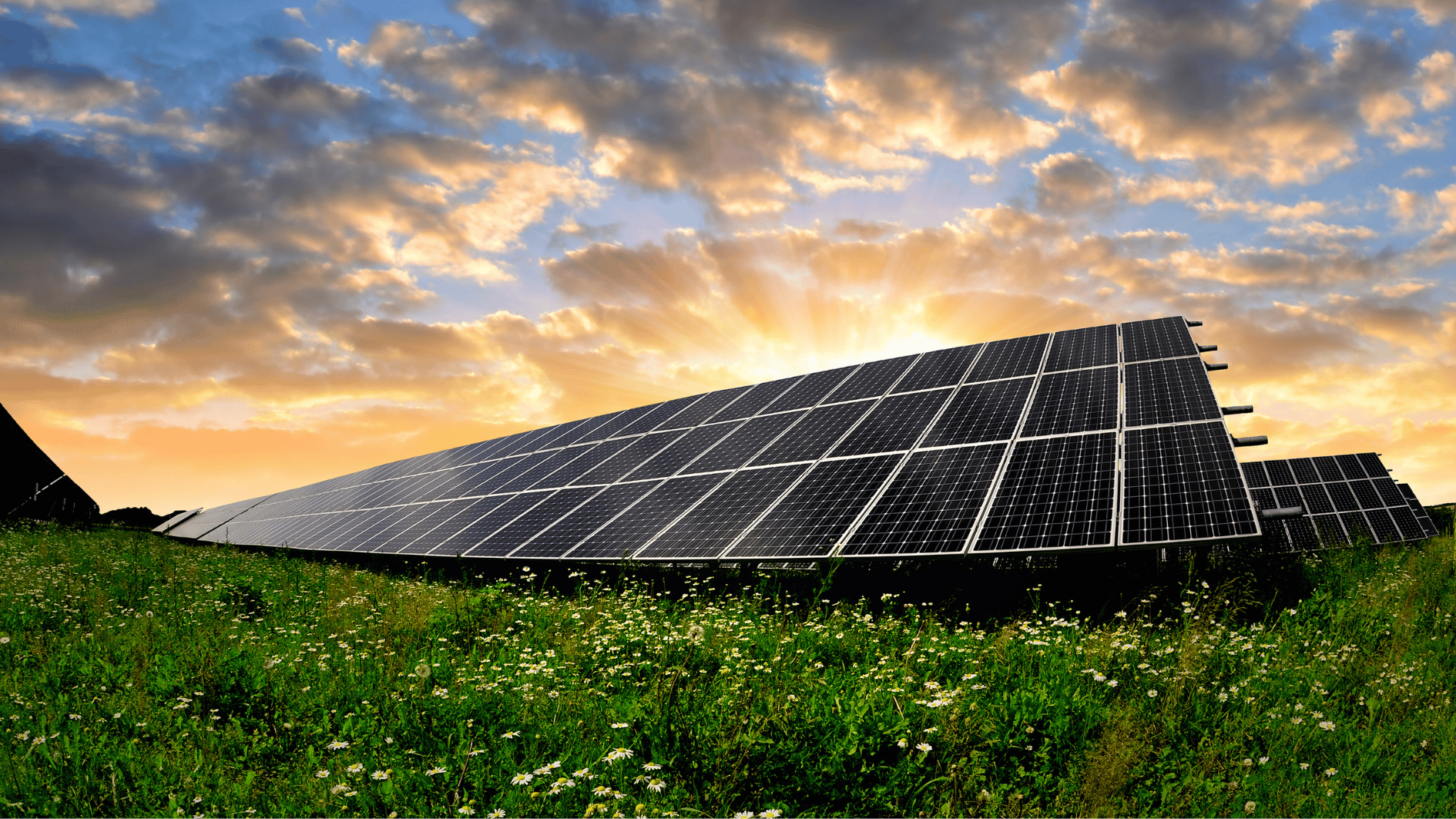Image source: Canva.com
MADISON — Wisconsin will receive a $62.4 million federal grant to fund solar energy projects for low- and moderate-income households across the state, Governor Tony Evers’ office announced Tuesday, just a day after Earth Day. The timing is fitting, as Earth Day was inspired by former Wisconsin governor and U.S. senator Gaylord Nelson more than 50 years ago.
“This funding will support the benefits of renewable solar energy for low- and moderate-income households through rooftop residential, multifamily, and community solar projects,” said Evers in a statement. “These investments will help us work toward achieving 100% carbon-free electricity by 2050, create good-paying jobs, reduce reliance on out-of-state energy, and lower energy costs for homeowners and renters in Wisconsin.”
Federal funding to boost solar energy access
The grant is part of a $7 billion initiative announced by President Joe Biden on Monday, under the Environmental Protection Agency’s “Solar for All” program. This program, part of the Inflation Reduction Act’s $27 billion Greenhouse Gas Reduction Fund, is aimed at bringing solar power to over 900,000 households in low-income and disadvantaged communities nationwide. Wisconsin is among 60 states, territories, Tribal governments, municipalities, and nonprofits selected to receive this federal funding.
Wisconsin’s efforts to secure the grant
The Wisconsin Economic Development Corporation (WEDC) played a key role in securing the grant, emphasizing that expanded solar installations will help prevent nearly 2 million tons of carbon dioxide emissions annually. “We seek to create an energy system that is renewable and works for all. The grant represents a huge step forward in that effort,” said WEDC Secretary and CEO Missy Hughes.
With solar installation costs for a 5-kilowatt rooftop system in Wisconsin ranging from $14,000 to $19,000 before federal tax credits and incentives, the state plans to use the federal grant to leverage private capital. This will create a sustainable financial assistance program to ensure equitable access to affordable clean energy beyond the grant’s initial five-year timeline.
Solar power in Wisconsin
Currently, Wisconsin ranks 21st among U.S. states for solar energy capacity, with over 1,251 megawatts of installed solar, according to the Solar Energy Industries Association.
Timeline for solar project funding
The Wisconsin Economic Development Corporation expects to begin funding solar projects later this year or in early 2025, marking a significant step toward expanding renewable energy access and reducing the state’s carbon footprint.
Source: Milwaukee Journal Sentinel





